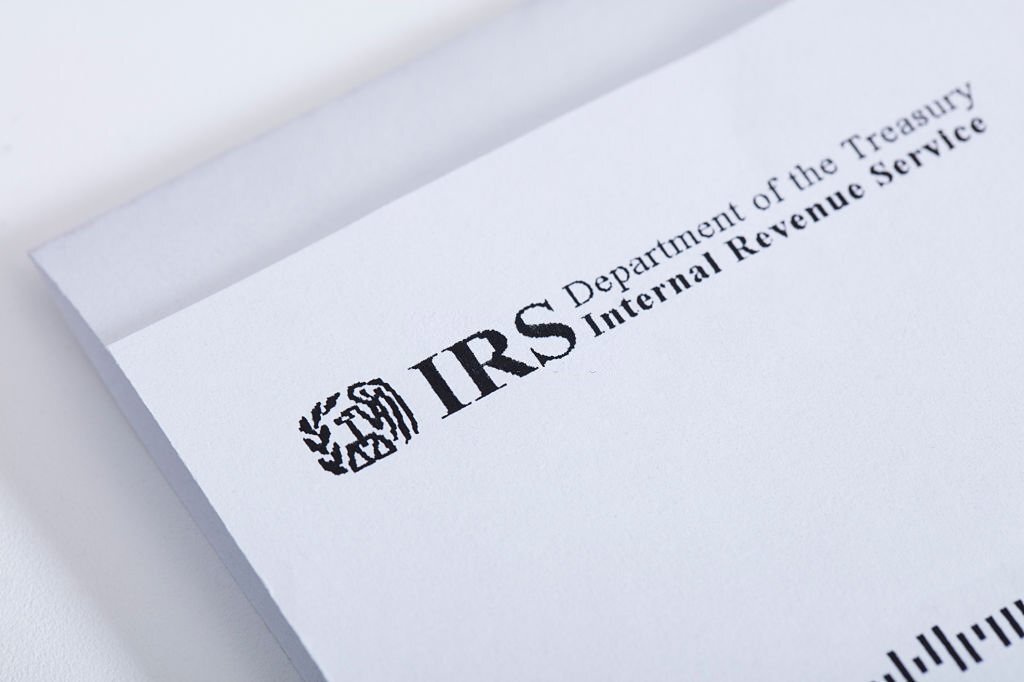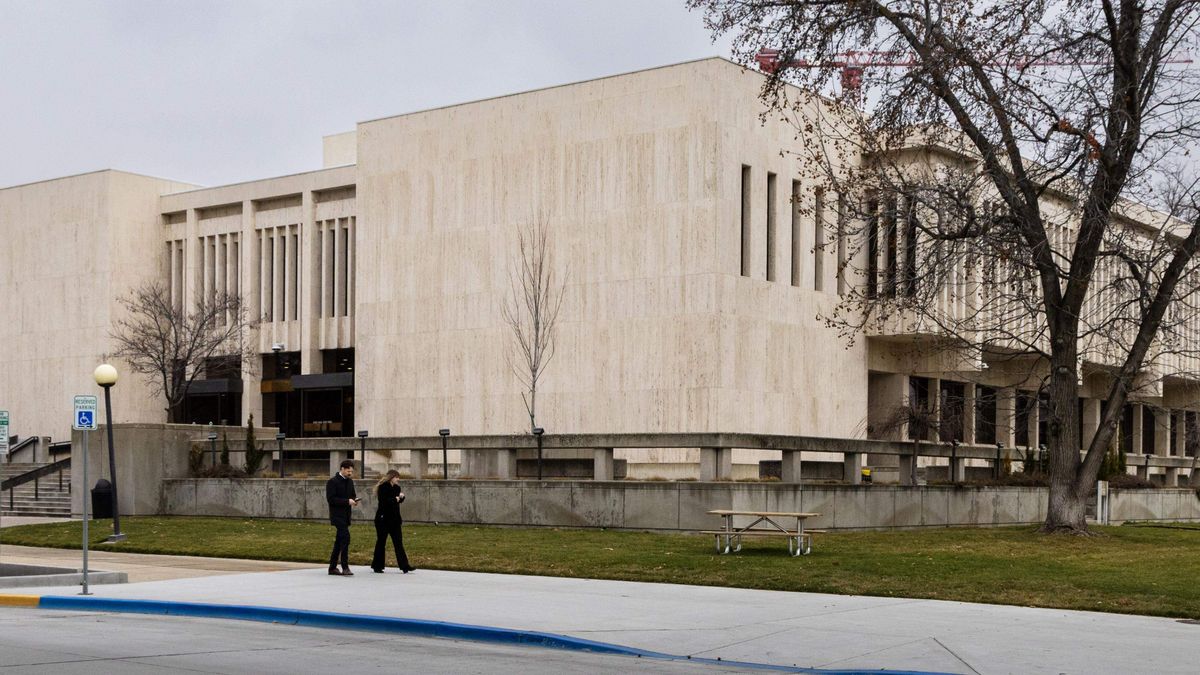By Jon Healey, Los Angeles Times (TNS)
Accountants across California have been grumbling for weeks about the IRS’s refusal to clarify a key issue for state taxpayers: whether they’ll have to pay federal taxes on the state’s Middle Class Tax Refund.
On Thursday, the IRS’s in-house taxpayer advocate service added its voice to the complaints. In a blog post, the National Taxpayer Advocate blasted the agency for urging taxpayers in California and more than a dozen other states to hold off filing their returns until the IRS makes up its mind.
“Giving taxpayers a choice between waiting to file their returns and receive their refunds or filing returns now that the IRS may later determine to be inaccurate is not acceptable,” the service said. The National Taxpayer Advocate is an independent division within the IRS that helps taxpayers resolve problems with the agency.
“This was a known issue, with ramifications for tens of millions of taxpayers, tax return preparers (who still prepare most federal income tax returns) and tax software developers. The failure to have identified and resolved this issue before the filing season suggests that someone, or everyone, was asleep at the switch.”
Although the IRS has published several forests’ worth of guides on the intricacies of the federal tax code, it has hesitated to clarify how California households should treat the $200 to $1,050 they received from the state’s Middle Class Tax Refund. The confusion stems from the fact that the payments are not actually tax refunds, they’re just (for lack of a better term) handouts. Were they tax refunds, they would be considered taxable income by the feds only for recipients who itemize their deductions and write off their state taxes.
And while the payments were funded with federal COVID-19 relief dollars, they were not explicitly aimed at helping people affected by the pandemic—a designation that would have exempted them from federal taxation. Instead, California billed the money as relief from the state’s high gasoline prices.
Last week, the IRS urged taxpayers who were uncertain about how to treat these payments to hold off filing their federal returns, promising to offer clarity to at least some taxpayers this week. So far, however, the agency has issued no new guidance.
Matthew Frankel, a certified financial planner and contributor to the Motley Fool financial website, said 18 states issued some type of rebate last year. Although they typically used federal COVID relief money to pay for the rebates, the stated goal of the aid usually was to help households cope with inflation, Frankel said.
These sorts of rebates should be exempt from federal taxes, he said, because they fall under “general welfare exclusion.” That category covers payments a state makes to benefit the public at large, such as the checks California sent to low- and moderate-income households in 2021 as part of the “Golden State Stimulus” program.
California’s two U.S. senators, Democrats Dianne Feinstein and Alex Padilla, sent a letter to the IRS Monday making the same argument.
“We believe that the state’s refunds clearly fulfill the three requirements of the general welfare exclusion from federal income tax liability, including that they are 1) a legislatively provided program; 2) for social benefit; and 3) not in compensation for services,” the senators wrote. “The legislation that authorized the payments specifically referred to them as ‘economic relief’ and Sec. 10 of the law notes that the payments it authorized ‘serve the public purpose of providing financial relief for Californians who may have been adversely impacted by these economic disruptions.’”
That’s the approach H&R Block is taking, Frankel said; the service is treating the Middle Class Tax Refund as exempt from federal taxes and is not waiting to file returns. Similarly, he said, Intuit’s TurboTax software is treating the payments as tax exempt.
The state Franchise Tax Board has said California won’t tax the payments, but it has urged residents to consult a tax advisor about whether to pay federal taxes on them.
One argument in favor of the IRS taxing the state payments, Frankel said, is that it’s not equitable to exempt the payments when the residents of 32 other states didn’t receive tax-free money. Still, he said, he expects the IRS to rule eventually that the payments qualify for the general welfare exclusion.
In the meantime, tax professionals say that Californians should go ahead and file their returns. That’s because about 75% of households are due refunds—the average was a little more than $3,000 last year—and the longer they wait to claim it, the longer they’re loaning money to the feds interest-free. Worse, some tax pros warn, the later you file, the greater the risk that a fraudster will use your stolen Social Security number to try to claim your refund before you do.
Frankel said that even if the IRS decides that the Middle Class Tax Refund is taxable, the amount that you’d owe is a fraction of the size of the average refund. You can always file an amended return later to cover the difference, he said.
____
©2023 Los Angeles Times. Visit latimes.com. Distributed by Tribune Content Agency LLC.
Thanks for reading CPA Practice Advisor!
Subscribe Already registered? Log In
Need more information? Read the FAQs
Tags: Income Taxes, IRS




